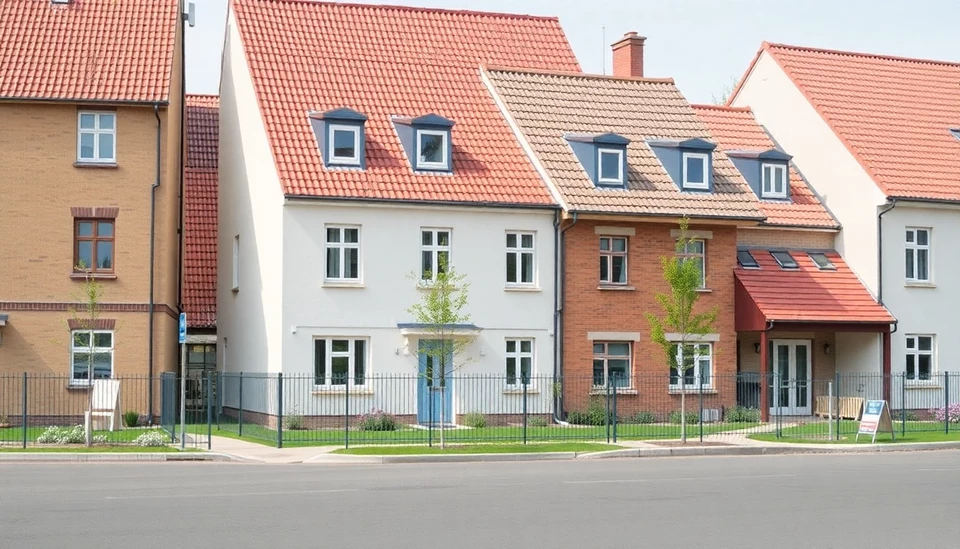
In a stark warning for the European real estate market, recent projections indicate that housing completions across the continent are poised to decline to their lowest levels in ten years. As various factors converge, including rising costs and regulatory challenges, developers are facing significant hurdles that may inhibit the construction of new residential properties.
According to a fresh analysis released by industry experts, the number of housing units completed in Europe is expected to drop sharply in the coming months. This downward trajectory signals a noticeable retreat from earlier years when the housing sector experienced robust growth. Analysts attribute this downturn to a combination of escalating construction costs, tightening monetary policies, and a slowdown in demand.
The ongoing crisis in the construction materials supply chain has further exacerbated this scenario. The increased price of key materials, such as lumber and steel, has made it increasingly costly for developers to complete projects. This financial strain is compounded by the tightening of monetary policy across several European nations, as central banks seek to cool inflation. Higher interest rates make financing new construction less appealing for developers as potential profits dwindle.
Market sentiments are also a vital contributor to this developing story. With growing concerns about economic stability, potential homebuyers appear hesitant to commit to new purchases. This caution could further exacerbate the situation, leading developers to scale back their projects in anticipation of lower demand.
Furthermore, regulatory challenges continue to emerge as a significant barrier for many developers. Stricter building codes and environmental regulations are making it more complicated—and often more expensive—to initiate and complete housing projects. Regions that previously experienced a building boom are now witnessing a retrenchment, which raises the specter of potential housing shortages in the future.
As cities grapple with these challenges, the implications for the housing market are profound. A decrease in housing completions could contribute to increasing prices, making homeownership even less accessible for many families. The effects of this cooling housing market will likely ripple through the broader European economy, impacting related sectors, such as retail and home improvement.
Despite these challenges, some industry insiders are holding onto hope. Developers and policymakers alike are advocating for measures to stimulate housing construction, including financial incentives and streamlined regulations. Such interventions could provide relief and reinvigorate the declining sector before it reaches a critical tipping point.
In summary, the outlook for European housing completions is shifting dramatically, with an alarming decline threatening to reshape the landscape of the residential market. Stakeholders will need to closely monitor these trends and adapt to the evolving economic climate to mitigate the fallout from this anticipated downturn.
"#EuropeanHousing #RealEstateTrends #ConstructionCrisis #HousingMarket #Economy
Author: Laura Mitchell




